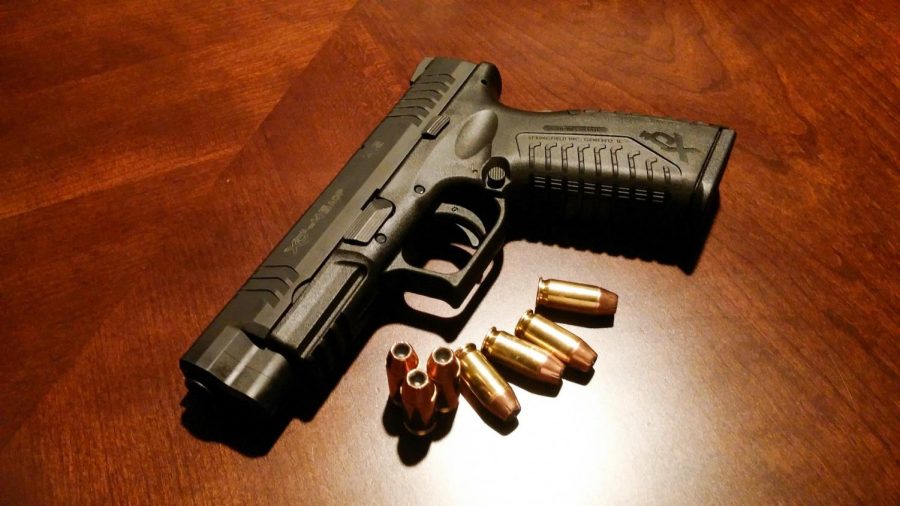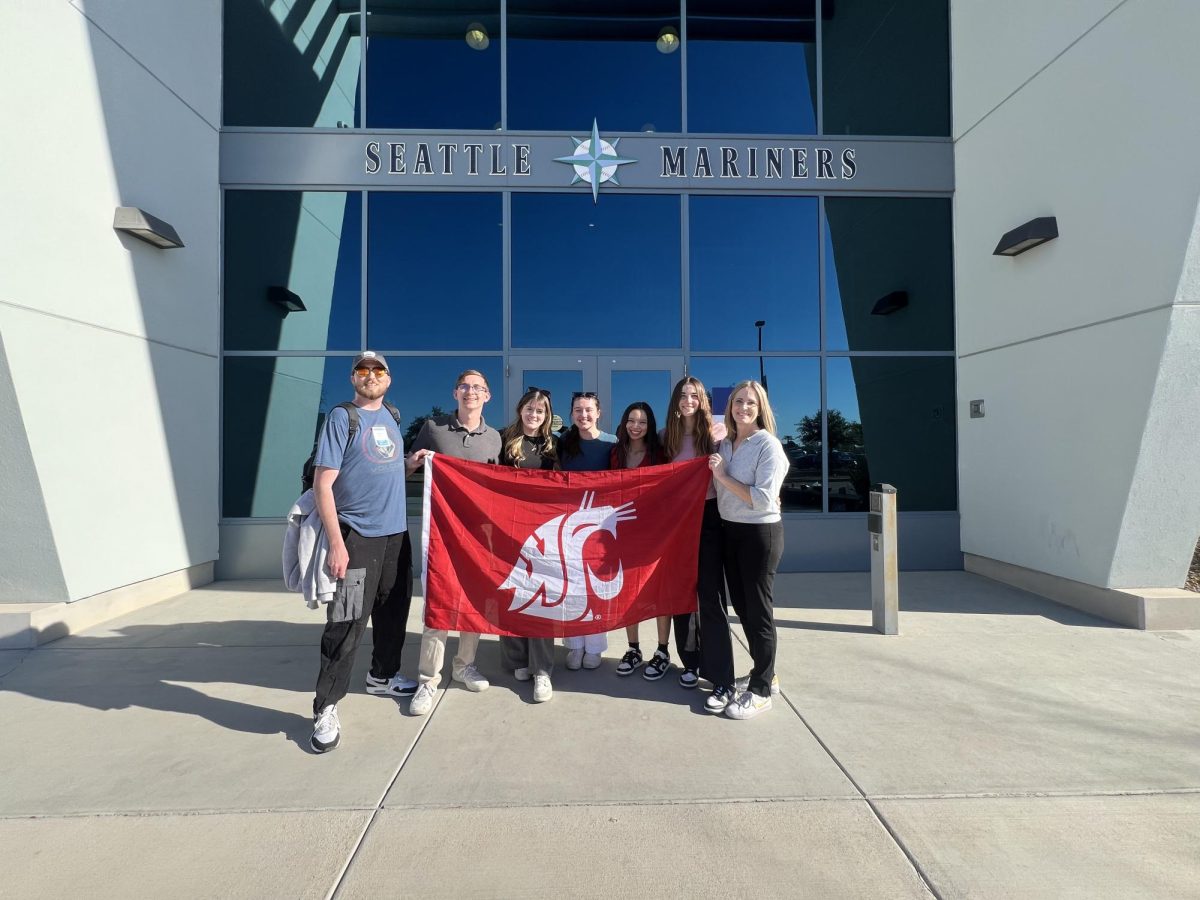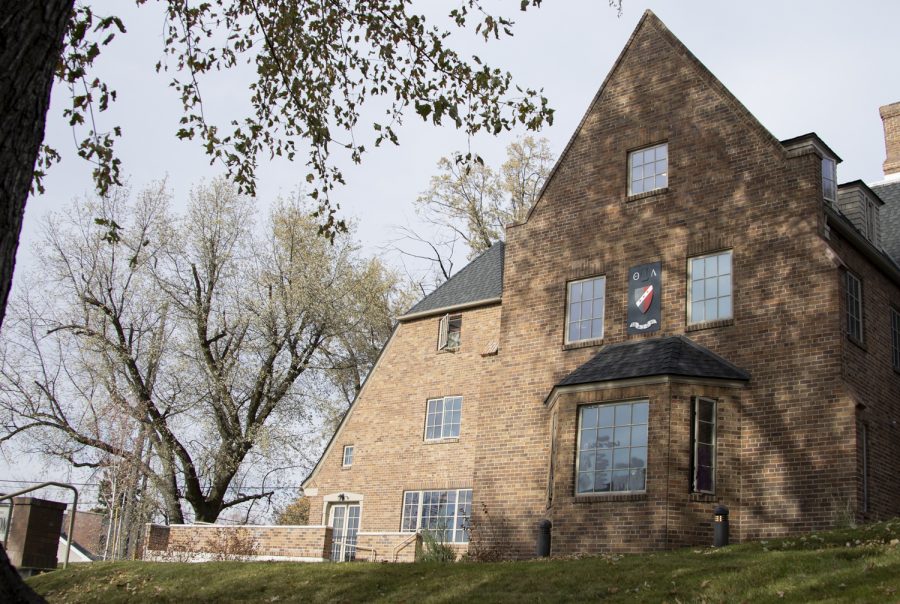Despite sharing a border, Washington and Idaho’s attitudes toward firearm purchasing and ownership are notably different.
In terms of the specific laws, Idaho ranks 48th in gun law strength out of the 50 states, according to Everytown. By contrast, Washington ranks 9th.
According to Everytown, some of the laws that contribute to this difference in rankings include an Extreme Risk law, which allows for quick intervention when a person is at serious risk of someone with a firearm, and Stand Your Ground laws. Washington has an Extreme Risk law but no Stand Your Ground law.
Brian Wolf, University of Idaho criminology professor, said there is a good number of places in Idaho where you can buy a gun, but this is not necessarily due to state law.
“We call them FFLs, which are the Federal Firearm License Dealers,” Wolf said. “I guess maybe compared to Washington there’s a lot, certainly not compared to Texas. In Moscow we have a couple, in Lewiston there’s several. It’s pretty easy to find an FFL or basically a gun store and then there’s that third area which are those gun shows which is also a place to get a firearm.”
Despite the larger number of FFLs in Idaho than in Washington, there is nothing more than the federal law’s requirements when opening a business allowed to sell guns, he said.
“They would have to follow the same federal laws they do in Washington. They’d have to apply for a license with the Bureau of Alcohol, Tobacco and Firearms. That’s the FFL license. Idaho would not stipulate any additional regulations on that,” Wolf said. “They have a sales license tax in Idaho, which you’d have to do that to open whatever, the same types of business requirements, but nothing special in Idaho.”
In contrast with Washington, there is no waiting period when buying a gun in Idaho, Wolf said. Instead, there is an instant background check where the ruling is supposed to be given in 24 hours.
“If they don’t get back to you in 24 hours they have to sell you the gun, but the Instant Background Check has some flaws but it’s supposed to cover people who are obviously a convicted felon, someone who has pending court cases or indictments against them and perhaps if they were in the military if there was a violation it’s supposed to pick that up, but Idaho wouldn’t impose anything on top of what the federal government requires,” he said. “But to be clear, most people who have the money and go in will be able to buy a firearm.”
This contrasts with Washington law, which includes a waiting period, which in part is meant to cut down on impulsive gun buying, he said. Despite the differences in the laws, a Washington resident can go to Idaho and buy a gun through Idaho’s laws.
Wolf said despite that law, if someone buys a gun in Idaho and takes it to Washington, they must follow Washington’s laws regarding regulations on the gun. For example, a magazine with more than 10 rounds can not be bought in Washington.
“Just because I’m from Idaho and I bought my gun in Idaho and have an Idaho enhanced license in Washington state I still can’t have a magazine with 10 rounds in it, because that’s Washington state law,” he said. There’s a joke around here … people in Washington go to Idaho to buy their ammo and people in Idaho go to Washington to buy their cannabis.”
Besides just the difference in magazine laws, Washington also prohibits assault weapons, according to Everytown. Washington is one of only nine states to have done so.
Idaho state law prevents any local government from making their own rules on guns, Wolf said. This also prevents towns from determining what types of guns are legal for residents to own. However, there are still laws meant to prevent people from using guns in a dangerous way.
“There’s a few state laws about carrying through K-12 schools for instance, that kind of thing, but compared to Washington or California or even Oregon, it’s very very permissive on guns, so in the laws that are here are instituted at the federal level, not so much on the state,” he said. “The state’s saying things like, ‘you can’t carry a gun here, they’re giving the local governments can’t add additional laws.’”
The law banning K-12 guns in schools is one of the few laws that Washington and Idaho have in common when it comes to guns, according to Everytown. Both states also allow reporting of mental health records when looking into a potential gun owner’s background.
“As somebody who didn’t grow up in Idaho and came to the University of Idaho and sometimes learn things like students are permitted to carry concealed weapons, that’s really concerning and mind-blowing to somebody not from Idaho, but even those types of laws, I think there’s probably a dozen or more that have laws like that,” Wolf said.











